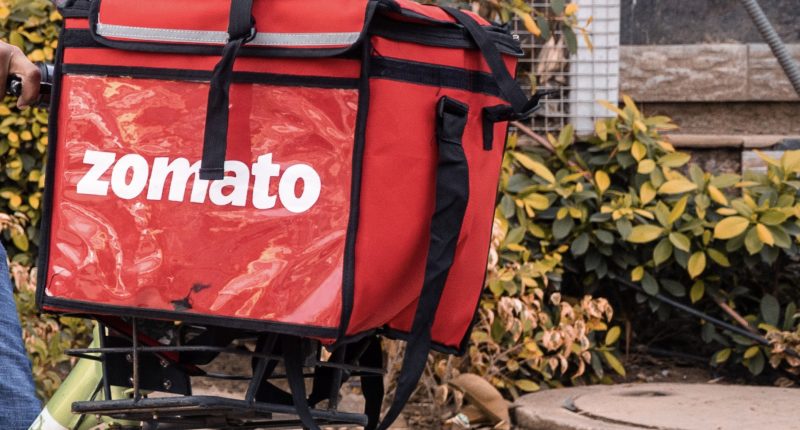Zomato, one of India’s earliest tech unicorns, hasn’t had the best of days ever since it debuted on public markets. Add to that the all-stock acquisition of a severely loss engulfed Blinkit, and the situation only worsens. That is exactly what has happened.
Zomato had a rough couple days in the stock market as its share price nose dived for two consecutive days. The scrip fell by around 6% on Monday followed by an 8.2% decline on Tuesday, as $1 Bn worth of market capital was wiped off.
This comes as the company finalized a stock-only deal worth $568 Mn to acquire quick commerce grocery delivery startup Blinkit. The issuance of new stock resulted in an equity dilution of 7.25% for shareholders.
Investors have not had a very welcoming mood when it comes to this acquisition. Zomato, despite being valued over $1 Bn, has not been able to push their model to profitability, and has been focused on growing their market share in mere hopes of getting to profitability. Despite Blinkit having a higher average order size (₹506) compared to Zomato, Blinkit has been operating at an average loss of ₹84 per order. Also, the market has no shortage of pristine competition in the form of Swiggy, Dunzo, BigBasket and Zepto.
Swiggy had earlier snapped up a 9% stake in Blinkit for about $65 Mn, with a promise to invest a further $400 Mn in the quick commerce sector. But a model like Blinkit’s would require significant further investment to even reach break even, let alone profitability.
Despite taking losses on orders, Blinkit’s performance cannot nearly be classified as subpar. Despite having a rather limited presence in just 15 cities, Blinkit logged 79 lakh to orders for the month of May, around 16% of Zomato’s Q4 2022 rate.
According to Zomato’s analysis, they expect Blinkit to break even in three years. Edelweiss Financial Services disagree, saying “Zomato management expects Blinkit adjusted EBITDA breakeven in three years, which we believe is ambitious. We do expect higher order throughput and lower delivery costs will help reduce the burn, but profitability in this business will require significantly higher take rate, and delivery fees, which may impede the scalability.”
It is worthy that Blinkit scaled down their dark stores from 450 to 400, reducing their monthly cash burn from ₹200 Cr to ₹110 Cr.
The Tech Portal is published by Blue Box Media Private Limited. Our investors have no influence over our reporting. Read our full Ownership and Funding Disclosure →






